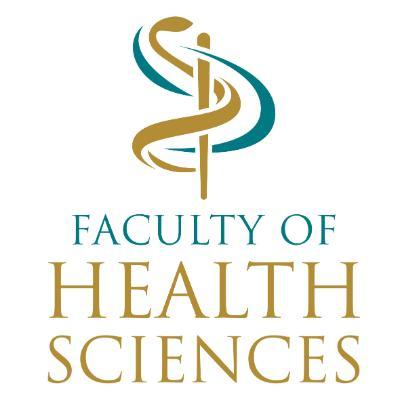Wits cancer geneticist is A rated by the NRF
- LR
Wits Distinguished Professor Chris Mathew received the National Research Foundation’s (NRF) A rating.
Chris Mathew a Distinguished Professor of Human Genetics at the Sydney Brenner Institute for Molecular Bioscience, and Professor of Molecular Genetics at King’s College London (UK) has received the National Research Foundation’s (NRF) A rating, bringing the number of Faculty of Health Sciences’ A-rated scientists to ten.
The NRF rating system is a key driver in the NRF’s aim to build a globally competitive science system in South Africa.
Mathew has made major contributions to the discovery of the genes involved in a range of monogenic and polygenic disorders, which have been recognised by his election as a Fellow of the Academy of Medical Sciences, UK. He was also one of just four scientists named as a Highly Cited Researcher in 2015/16, which are authors with the most papers designated as Highly Cited Papers by the Essential Science Indicators (ESI). Highly Cited Papers rank among the top 1% most cited for subject field and year of publication.
Since joining the Sydney Brenner Institute for Molecular Bioscience in February 2015, Prof. Mathew has been building a research group of postdoctoral fellows and postgraduate students to develop an internationally competitive research programme on the genetics of African cancers while advancing research to identify the genes that cause cancer of the oesophagus, which is common among black African populations in South and East Africa.
Chris Mathew comments: “The burden of cancer in Africa is growing rapidly as our population grows and ages, with about 1.2 million cancer deaths annually predicted by 2035. We need a continuous expansion of our efforts in cancer prevention, diagnosis and treatment, and to train a new generation of scientists and clinical researchers to meet this challenge. Our recent very successful Wits Cancer Research symposium showcased the breadth and depth of cancer research at Wits, and I am very excited to be a part of our collective effort to grow research capacity in this important area.”

